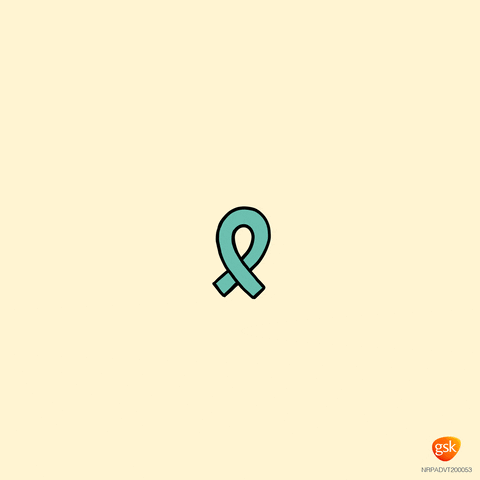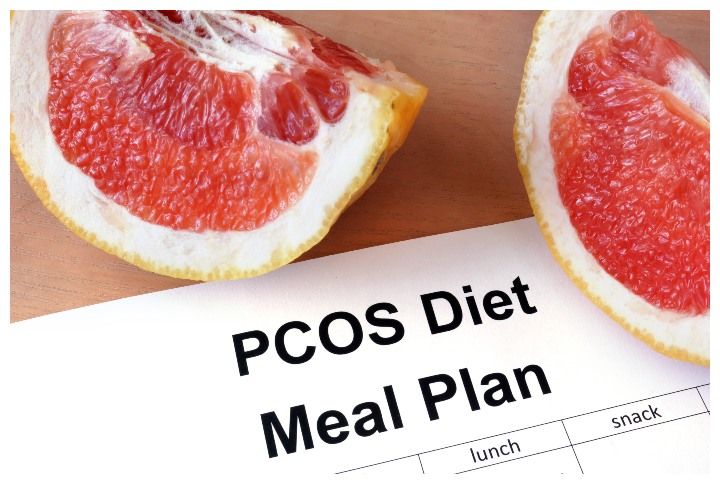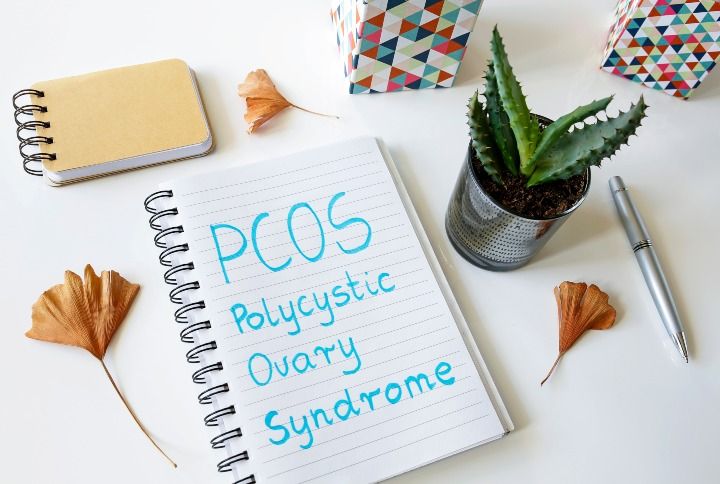
Polycystic Ovary Syndrome (PCOS) is the most common hormonal disturbance in young women. It is estimated that one in five women in India suffers from this condition.
Since September is PCOS Awareness Month and since we often have conversations in the group on this key topic related to women’s health, we invited Dr Roshani Sanghani to host an Ask Me Anything session on Malini’s Girl Tribe. Dr Sanghani is an Endocrinologist and she answered all questions related to PCOS, its symptoms and how to manage them, causes and risk factors, screening tests that can help diagnose this condition, treatment, and more. Scroll down to read all about it!
Q. What should the ideal diet for a woman with hypothyroidism and PCOS be?

Don’t only focus on a restrictive diet because it is difficult to sustain it in the long term. Occasional carbohydrates are in moderation and balance are okay. Giving very extreme advice is not realistic, necessary or sustainable. Putting a complete ban on all carbohydrates might work in the short term to reduce symptoms, but is it really sustainable? Most people do well on a low-carb diet and don’t need zero carbs. Again, the amount of carbohydrates that a person can tolerate varies from individual to individual so see how the body responds as you reduce carbohydrates. Some people are more sensitive to carbohydrates than others and I believe that this sensitivity improves when other areas of lifestyle are also looked at, namely stress, exercise, sleep and fasting.
Q. What exercises can women with PCOS do to lose weight?
Exercise does not cause weight loss. Resistance exercise builds muscle. Strength or resistance training is important to reduce insulin resistance.
Q. What should be done to lower the testosterone levels and to regularise menses?
Manage your lifestyle. Even if there is a genetic tendency, a lifestyle change helps reduce the testosterone and regularise menses at the root level of the hormone imbalance, which is insulin resistance.
Q. Does one need to stay away from dairy products if suffering from PCOS? Also, which home remedies help treat the condition?
Milk and wheat might be inflammatory for some people. It might be okay for others. If you want to want to keep the consuming milk, go on a low-carb diet first. If you prefer being vegan that’s fine too. Don’t stop milk on day one because each person’s body is different. If you’ve tried everything in terms of nutrition like low-carb, sleep, stress, muscle-building exercise and fasting, and you’re still not getting results then try reducing milk, wheat, dairy products and nuts—one by one—to see what helps.
Q. How can I control mood swings due to fluctuating hormones?
It’s possible to experience low mood when the female hormones are low. Women can even feel depressed when they think about reduced fertility, thick body hair, distressing acne or noticeable hair loss. We are still a very appearance-conscious society and beauty matters to us. It’s important to start from a place of self-love, self-care and self-acceptance, and trust and have faith that the body is always trying to heal. I have found that a spiritual approach which helps to heal stored anger and release the victim identity often causes profound healing for the patient more than when they were on allopathic medicine. Of course, exercise, low-carb food, rich nutrition, fresh vegetables, healthy fats with omega-3, sufficient protein, avoiding refined carbohydrates like sugar, good quality of sleep and learning stress-management techniques all help reduce mood swings! You can feel better. It is possible to be free of mood swings. You deserve it.
Q. Are endometriosis and PCOS related?
Endometriosis and PCOS are two separate diagnoses. Both of them can cause reduced fertility. PCOS can respond very well to a lifestyle change. Endometriosis may require you to see a gynaecologist.
Q. Can medication take care of PCOS or is surgery required?
Medication can give relief to symptoms but does not cure PCOS at the root. In the past, surgery was done for PCOS called ovarian drilling. It is still done nowadays on occasion, but lifestyle change is more powerful IMHO.
Q. How can I regularise periods without taking pills?
Fix nutrition by going low-carbohydrate without dieting because dieting is not sustainable. Improve the quality and quantity of sleep. Avoid using social media or studying for exams late at night as it is bad for skin and hormones. Learn healthy stress-management techniques as chronic stress causes hormone imbalance. A balanced exercise that also focuses on building muscle mass is helpful. If the patient is overweight, in some cases they could follow intermittent fasting under the doctor’s supervision to reverse insulin resistance while making sure their nutrition is balanced. Fasting doesn’t work for many people due to imbalances in nutrition, sleep, exercise or stress-management, but once these are resolved one can fast without any issues.
Click here to read Part 2 of this blog where Dr Roshani shares answers to other frequently asked questions about PCOS.
What’s your biggest concern when it comes to managing your PCOS symptoms? Please share it with us in the comments below!
Join Malini’s Girl Tribe on Facebook to be a part of more such conversations.

